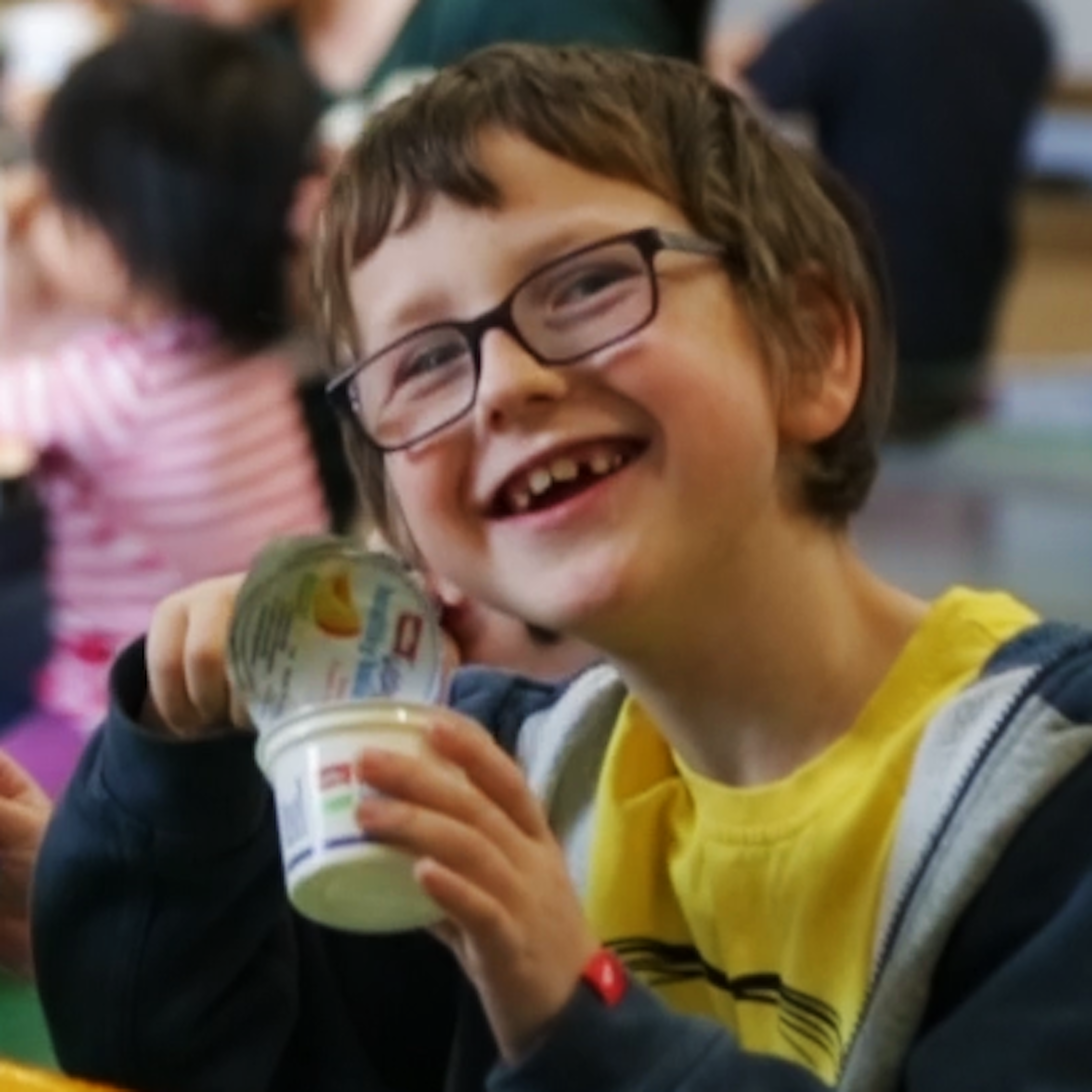Co-producing school meals with pupils and families 'will help target obesity and support healthy eating'
Children in Scotland is calling for greater involvement of pupils and parents in preparing food at schools as a way of targeting obesity and addressing healthy eating.
The charity’s Chief Executive Jackie Brock said:
“We know that Scotland’s problem of obesity and unhealthy eating is underpinned by complex issues and there are no quick fixes. However, based on our evidence and what we’ve learnt from the communities we’ve worked with through our Food, Families, Futures partnership programme, we believe putting children and families at the heart of decisions about school meals would increase take-up of healthy choices and contribute to obesity reduction.
“We’re aware from the results of recent research in England that anti-obesity strategies which don’t have a strong participative element, and focus exclusively on schools rather than interactions with the community, are likely to fail.
“A participative approach isn’t about surveying pupils about basic food choices but thinking radically about their input and involvement in the food experience overall.
Ms Brock said there were many creative and practical ways this could be taken forward at national government, local authority and community level, including:
- Exploring participatory and community-focused models for tackling diet and obesity problems, including young people leading on the development of school dinner experiences. This should be informed by a mix of community best practice, strong guidance and robust legislation
- Ensuring nutritional guidelines are shaped by children and families and are accessible and meaningful for them
- Councils working with school leaders to prioritise fresh local produce, and building this into contracting requirements for food suppliers
- Using Home Economics classes to pilot school meals, testing recipes out within the community, and involving families in choosing what should be incorporated into the school meals offer
- Celebrating and sharing recipes and examples of best practice in food participation – such as Holyrood’s Secondary’s School Nutrition Action Group (SNAG)
- Maximising the citizenship and healthy lifestyle aspects of Curriculum for Excellence in coordination with these approaches.
Any policy solution must look to the overlap in children’s lives between family, community and school, Ms Brock said.
“We need to be asking: what do children’s bodies and minds need over the school day and how does that cross over with the needs of their community? What food experiences will help support their health as a whole, not just at school in isolation?”
The charity also identified food waste in schools as a major issue in the debate.
“We would like to see practical research into whether the type of participatory approach we’re advocating in schools has an impact on waste,” Ms Brock added.
“Our view is that allowing young people to contribute to food choices and preparation of meals is highly likely to strengthen their sense of ‘ownership’ of the food and eating experience, and reduce waste.”
“Families and communities are the experts on food experiences that work for them. If national and local government are serious about addressing obesity and achieving better health for our young people, their strategies must be informed by young people and families on the ground.”
The charity has made the call as part of its response to the Scottish Government’s consultation A Healthier Future: Actions and Ambitions on Diet, Activity and Healthy Weight.

A Healthier Future
We have now published our response to the Scottish Government's consultation
Read our response
Food, Families, Futures
Find out more about our award winning partnership programme
Visit the website